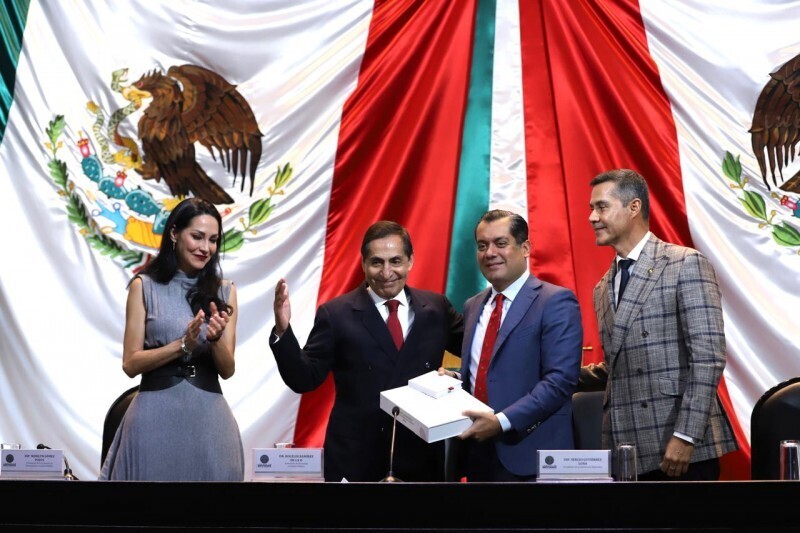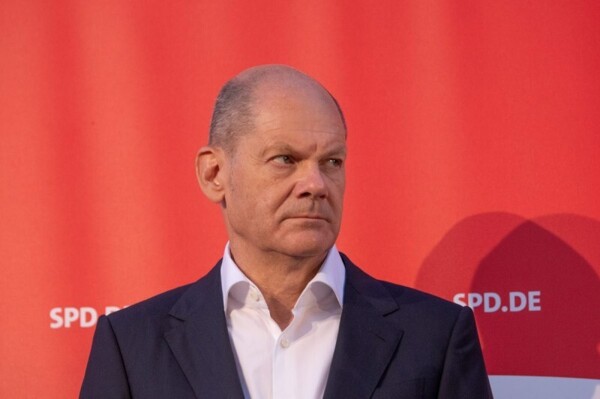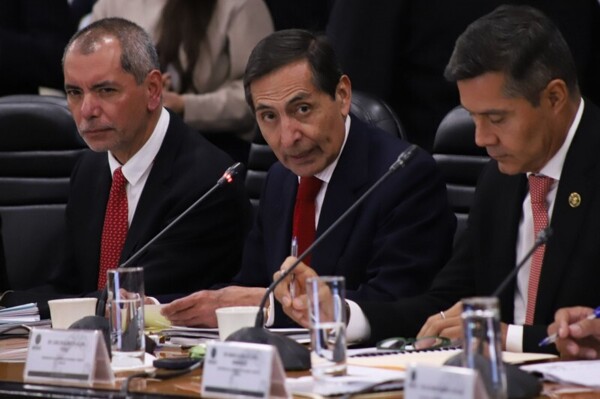
Last Friday, Rogelio Ramírez de la O presented the first budget package for the government of Claudia Sheinbaum before Congress. Despite this, doubts persist in the market regarding the path of fiscal consolidation, as some point to "inconsistencies."
The Economic Package for 2025 was received calmly in the market, reflected in an unchanged exchange rate, remaining around 20 units per dollar, which still reflects the electoral impact in the United States.
Among specialists, there is consensus that the timing of this presentation seems to indicate that there was a desire not to mix the decision with budget analysis. On the other hand, Luis Gonzali, director of investments at Franklin Templeton, pointed out that the fact that the deficit is no longer the only concern in the market, such as the institutional risk due to constitutional reforms, is also significant.
Some analysts mentioned that the economic package did not provoke negative surprises in the market. It is noted that a path of fiscal consolidation is beginning to emerge, although doubts still exist regarding its implementation. Both BBVA and Barclays highlighted that this package marks the beginning of a gradual process of fiscal consolidation, which could promote greater stability in public debt relative to GDP in the future.
Despite this, experts from Citibanamex believe that the budget presents inconsistencies. They criticized that the Ministry of Finance and Public Credit decided to present inertia estimates instead of medium-term projections that reflect revenue and expenditure policy intentions, weakening the proposal.
Additionally, the postponement of an announcement on tax reform was criticized, which does not change the risk variables for the country, which could result in negative movements from rating agencies. Moody's, a day before the budget delivery, downgraded Mexico's credit rating outlook from Stable to Negative, warning that the risk of a downgrade persists.














